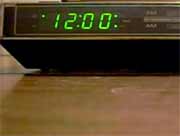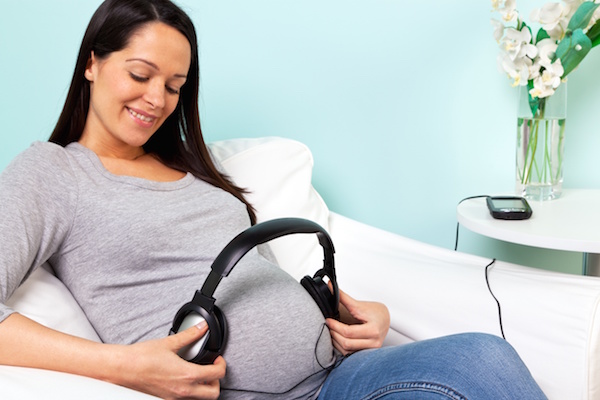
FRIDAY, March 8 (HealthDay News) — The loss of an hour of sleep that comes with the switch to daylight saving time overnight Saturday can be uncomfortable if you don’t take some simple steps to prepare, experts say.
To help you adapt, Dr. Praveen Rudraraju, director of the Center for Sleep Medicine at Northern Westchester Hospital in Mount Kisco, N.Y., offers the following tips:
- For the two weeks after the time change, get up five to 10 minutes earlier every two to three days.
- Exercise 30 to 40 minutes in bright light (before 5 p.m.) daily.
- Eat at least three to five hours before you go to bed.
- Don’t drink caffeinated beverages after noon.
- Limit alcohol to one drink with dinner and do not have alcohol after dinner.
- Don’t do any computer work during the hour before bedtime. Instead, relax by reading, listening to quiet music or watching TV.
- Stay out of your bedroom until bedtime. If possible, do not work in your bedroom.
The bedroom should be used for sleep and sex only, Rudraraju advised in a hospital news release.
Dr. Lewis Kass, a children’s sleep specialist at Northern Westchester Hospital, also has advice for parents who are concerned about how the time change will affect their children’s sleep habits.
Because it stays light longer after the change to daylight saving time, it may be harder for many children to get to sleep at their normal time. This can result in daytime sleepiness, he explained.
But longer daylight may play less of a role in children’s sleep problems than their use of handheld electronic devices until well after sunset, according to Kass. Ideally, children should stop using the devices at dusk but it might be more realistic to turn them off by 8 p.m. or 9 p.m., he said.
“Don’t read too much into what the time change means. If bedtime is 8:30 then keep it at 8:30. For a few days it may take a little longer to fall asleep or a child might feel a little sleepier in the morning, but they will adjust as long as sleep times and wake times are kept on schedule,” Kass said in a hospital news release.
More information
The American Academy of Sleep Medicine has more about making the change to daylight saving time.

